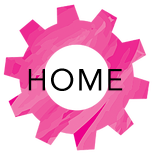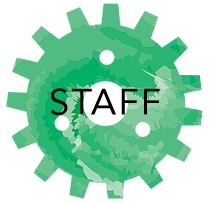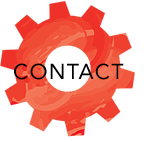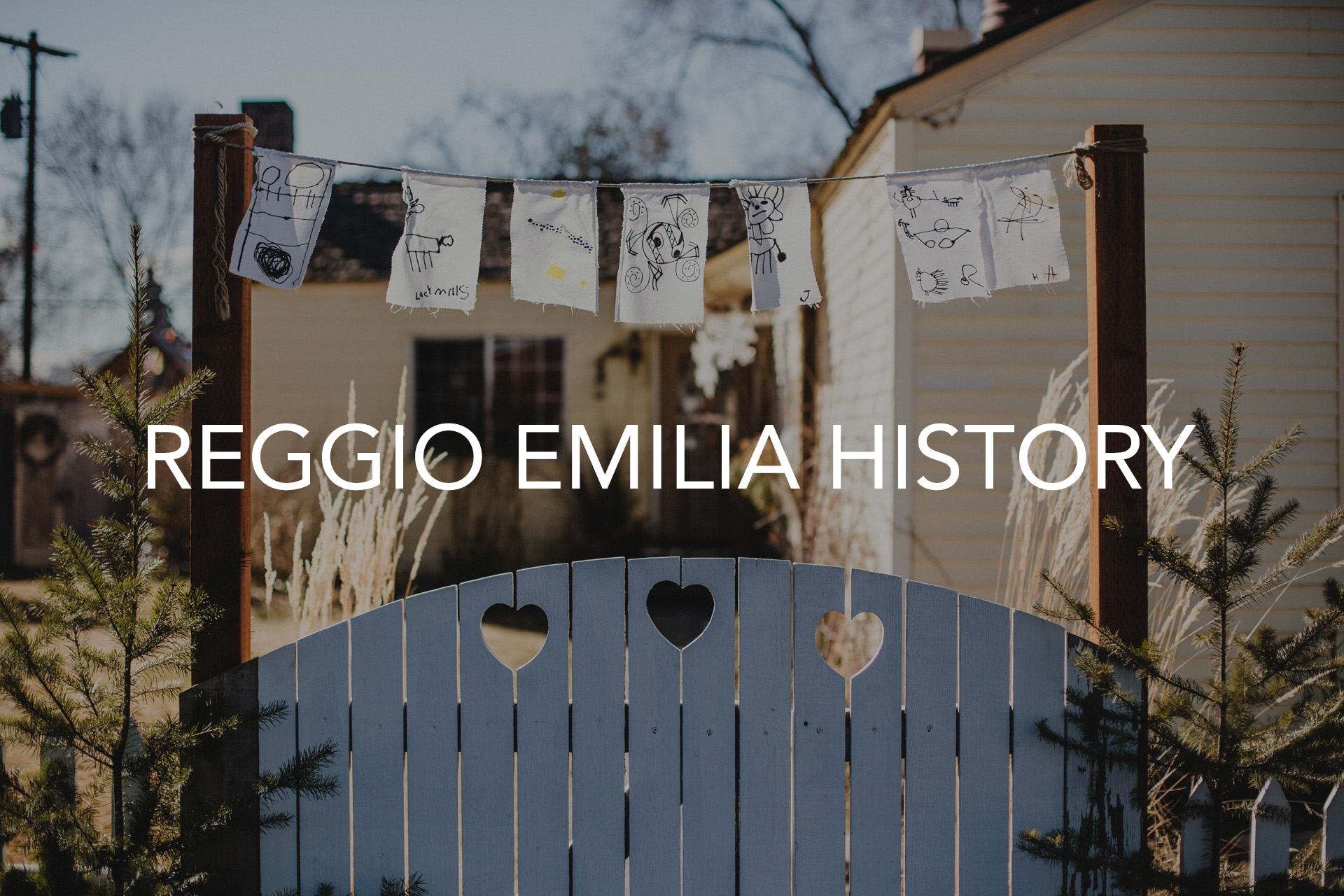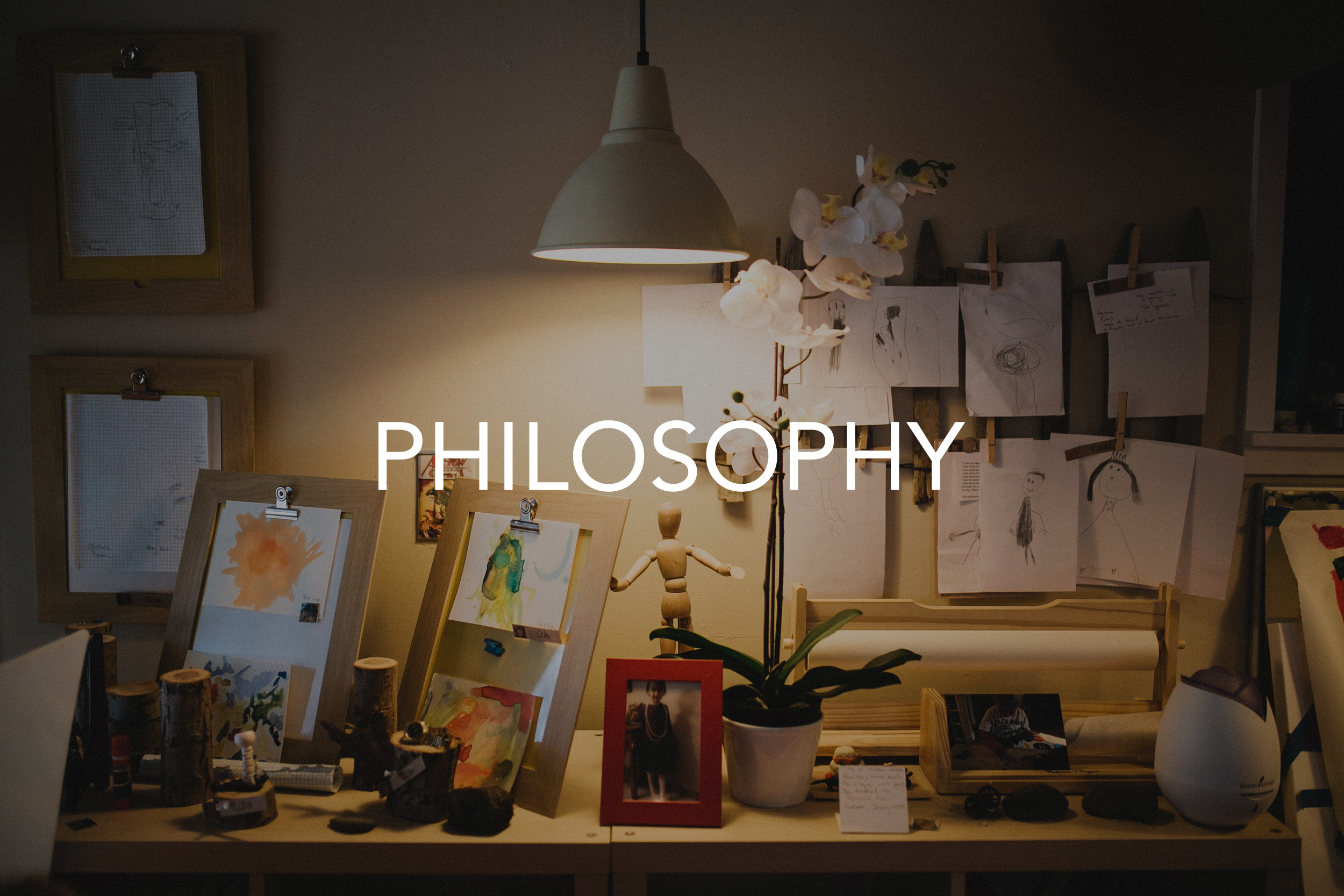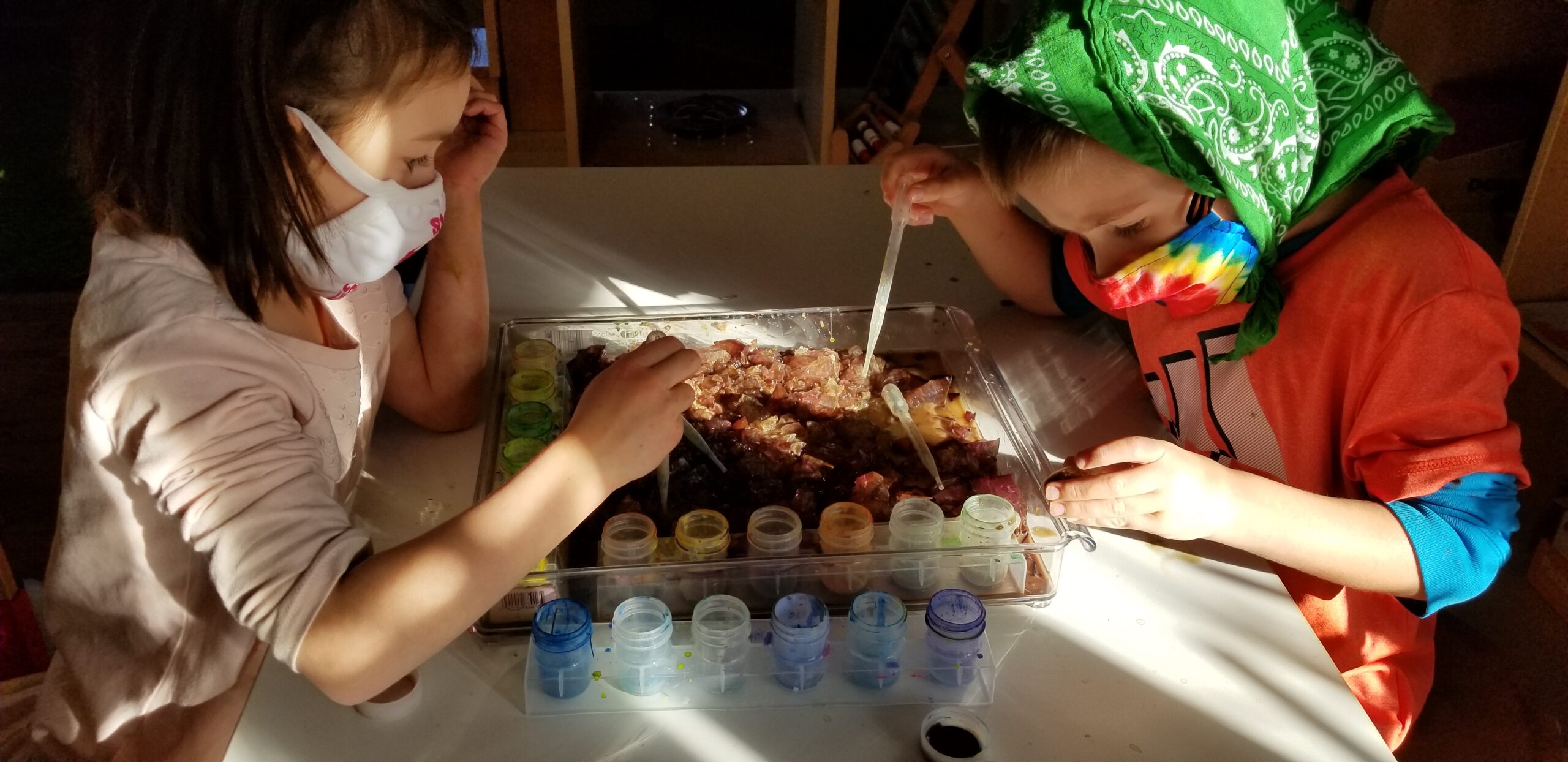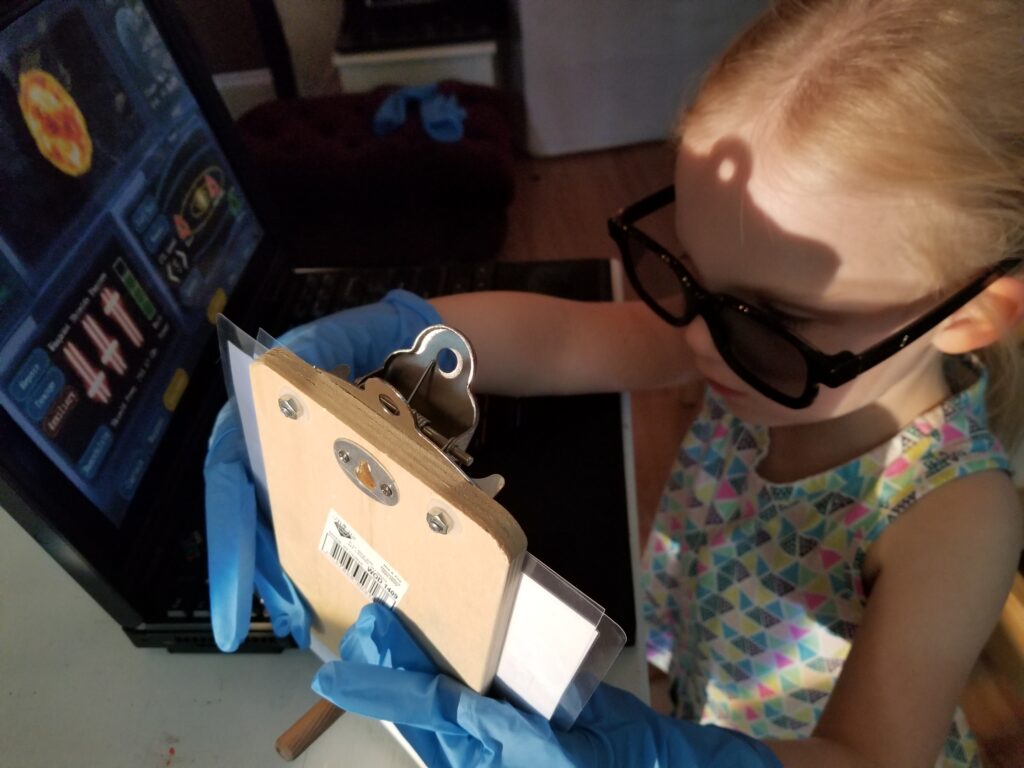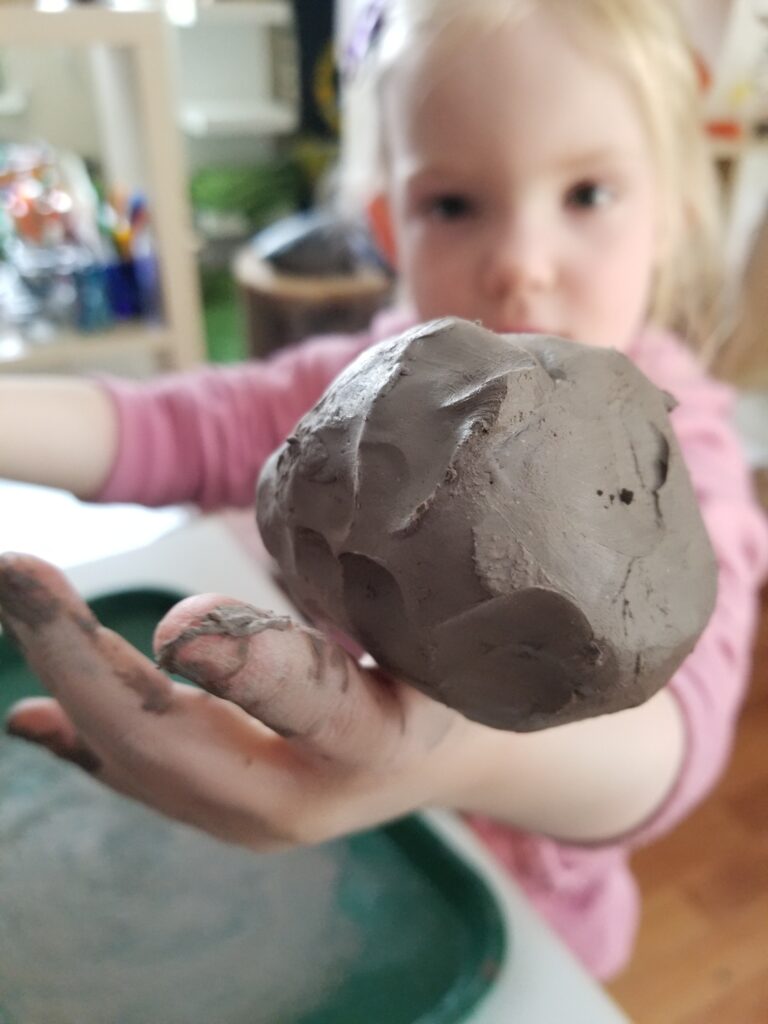Here at Kidinc, we know that our program is as unique as every child and one of a kind. We can tell you that seeing how our program works and what we do here is an eyes-on process so we warmly invite prospective parents to set up an appointment, come see what we have to offer and gather more information about our school.
We are currently accepting applications for new families to join us at Kidinc Preschool for the 2021/2022 school year and wait listing for 2022/2023.
Please Contact Kidinc to schedule a personalized tour!
We are excited that you are interested and considering the Kidinc Preschool community!
“The environment should act as an aquarium which reflects the ideas, ethics, attitudes and cultures of the people live in it. This is what we are working towards.”
– Loris Malaguzzi, Founding Philosopher of the Reggio Emilia Approach
What intrigues your child? Is it painting dinosaurs? Working on rocket ships? Traveling to distant lands by reading books and looking at globes? Dressing up?
In keeping with the Reggio Emilia approach, the curriculum at Kidinc is not established in advance. Teachers express general goals and make hypotheses about the direction activities and projects might take. On this basis, we make appropriate preparations. After observing children in action, the curriculum emerges in the process of each activity or project and is flexibly adjusted accordingly through continuous dialogue among teachers and with children.
Play and Project-Based Learning
Play and projects provide the backbone for learning experiences based on the strong conviction that learning-by-doing is of great importance and to discuss in groups and revisit ideas and/or experiences is the premier way of gaining better understanding and learning.
Ideas originate in the experiences of children and teachers and construct knowledge together. Projects start with a chance event, an idea, or a problem posed by one or more children or from an experience or wonder initiated directly by teachers.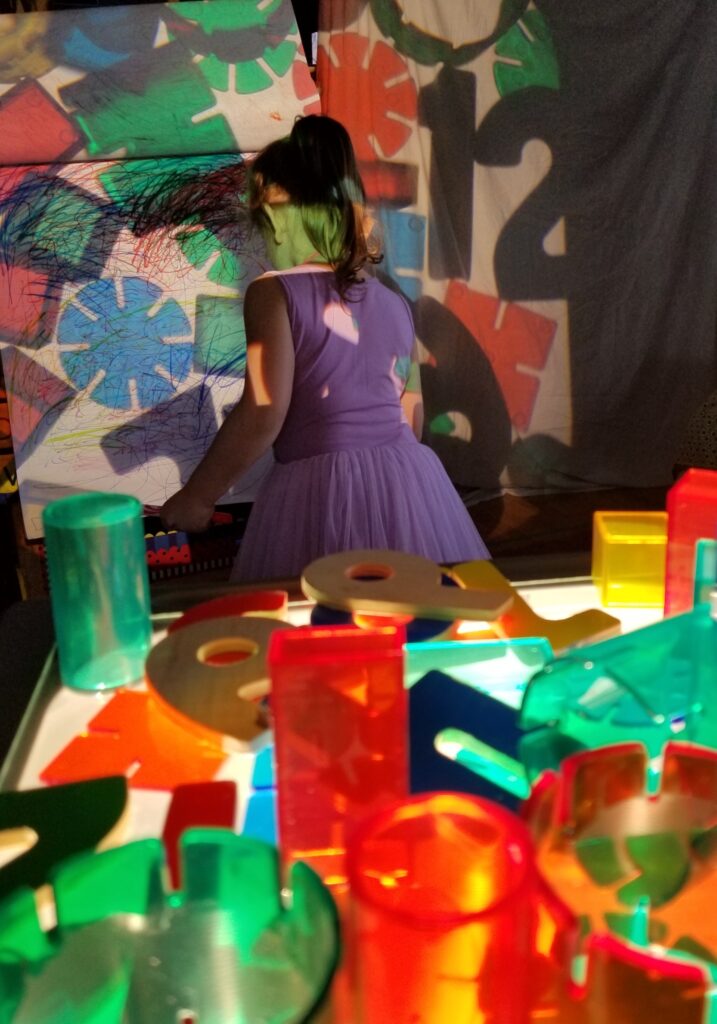
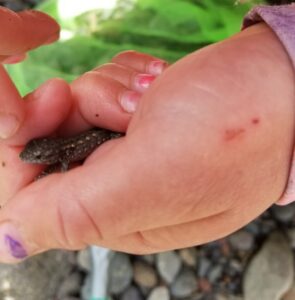
Projects are narratives:
Projects are the vehicle for sharing the learning process. Discussions, revisiting ideas, and problem solving coexist in projects; some may last a few days, months or passed from year to year. Questions lead to hypotheses and theories.
Discussions lead to progression in the process of gathering information and further findings or outcomes; therefore, curricula is allowed to change and flow daily, similar to a laboratory where experimentation, discovery and ideas prosper towards better understandings and higher levels of thought.
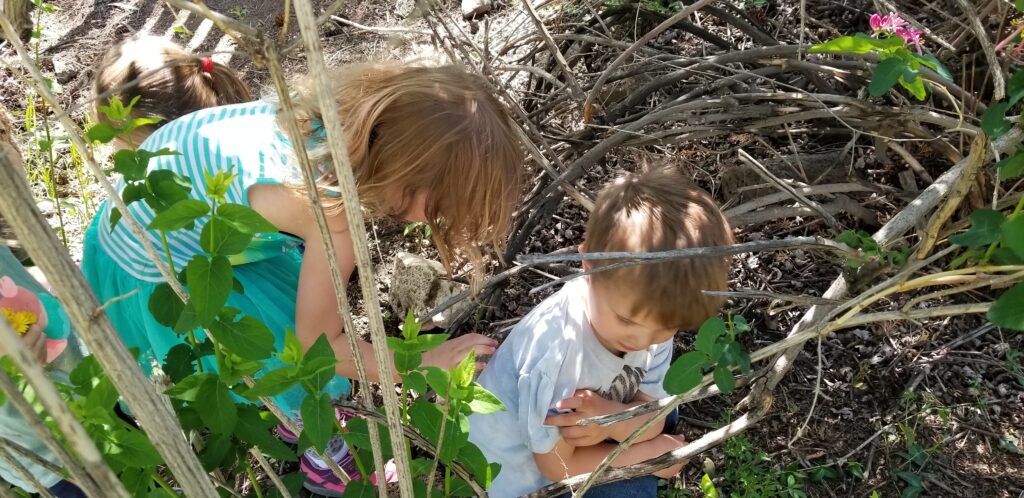
Art is a language
The hundred languages, how a child expresses themselves, is heard through countless resources. What is done with materials is not “art per se,” it is integral to the whole curricula in expressing the cognitive symbolic processes of learning
